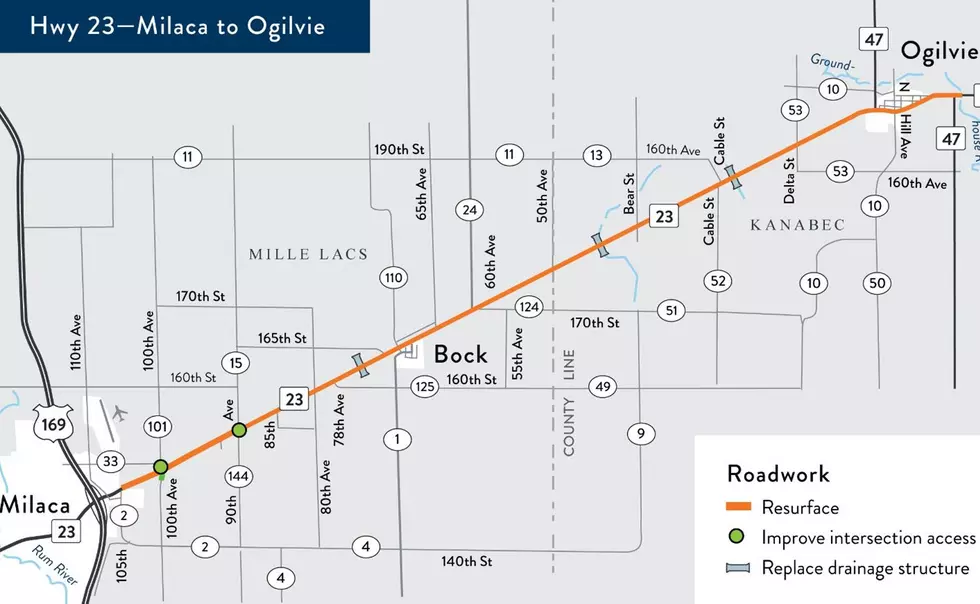
Are You Ready for a New Approach to Your Mental Health?
Paid Content
Oral antidepressant medications are fairly common. According to the Centers for Disease Control, 13.2 percent of adults in the United States had used antidepressant medication within the past 30 days from 2015-2018.
Many receive prescriptions from their primary care physician — or perhaps from their obgyn in the case of postpartum depression. The unfortunate reality is that some patients will still experience symptoms after trying a few different medications; the average success rate of antidepressants is 40 percent.
In the St. Cloud area, Aurora Mental Health & Wellness offers a different approach. They focus only on mental health and provide treatment in a comfortable, spa-like atmosphere. They offer diagnostic assessments and oral medication management, as well as Spravato and ketamine infusions for those with treatment-resistant conditions.
Pictured left to right are: Psychiatric Nurse Practitioner Juli Black, MSN, RN, PMHNP-BC; Provider and CEO Dr. Paul Colligan; and CFO and Provider Michael Singh.
If you're not familiar with ketamine or Spravato (a type of ketamine in a nasal spray), they work differently from traditional antidepressants and can have great outcomes. Research shows that 70 percent of ketamine patients see significant improvement in symptoms of treatment-resistant depression after the initial six loading doses.
One of the ways medical professionals believe ketamine works is by blocking a specific receptor in the brain, the N-methyl-D-aspartate (NMDA) receptor, while most oral antidepressants block the reabsorption of serotonin, dopamine, and similar brain chemicals.
Here are some other working theories on ketamine's acting mechanisms and benefits:
1) Synaptic Plasticity: Ketamine has been shown to promote synaptic plasticity, which refers to the brain's ability to reorganize its neural connections in response to learning and experience. This effect may help to reverse the atrophy of certain brain regions associated with depression and other mood disorders.
2) Rapid Onset of Action: Unlike traditional antidepressants, which often take weeks to months to produce noticeable effects, ketamine can alleviate symptoms of depression within hours to days after administration. This rapid onset of action is particularly beneficial for individuals experiencing severe depression or suicidal thoughts.
3) Anti-inflammatory Effects: Some studies suggest that ketamine may have anti-inflammatory properties, which could be relevant since inflammation has been implicated in the development of mood disorders. By reducing inflammation in the brain, ketamine may help to improve mood and cognitive function.
If you're curious about how Aurora Mental Health & Wellness can help your mental health, visit the Aurora Mental Health & Wellness website or call 320-390-7338 to schedule a consultation. Conditions they treat include depression, anxiety, bipolar disorder, PTSD, OCD, postpartum depression, suicidal ideation, and substance abuse and withdrawal.
Sources and Additional Resources
- Aurora Mental Health & Wellness FAQs
- ASKP's patient perspectives
- A Qualitative Study of Patients' Experience of Ketamine Treatment for Depression: The ‘Ketamine and Me’ Project
- Unpacking the Science: How Aurora's IV Ketamine Therapy Revolutionizes Mental Health Care
- What's Old is New Again: The History of Psychedelics in Medicine and Wellness
- Beyond Medication: Aurora’s Comprehensive Approach to Psychedelic Healing
More From AM 1240 WJON









